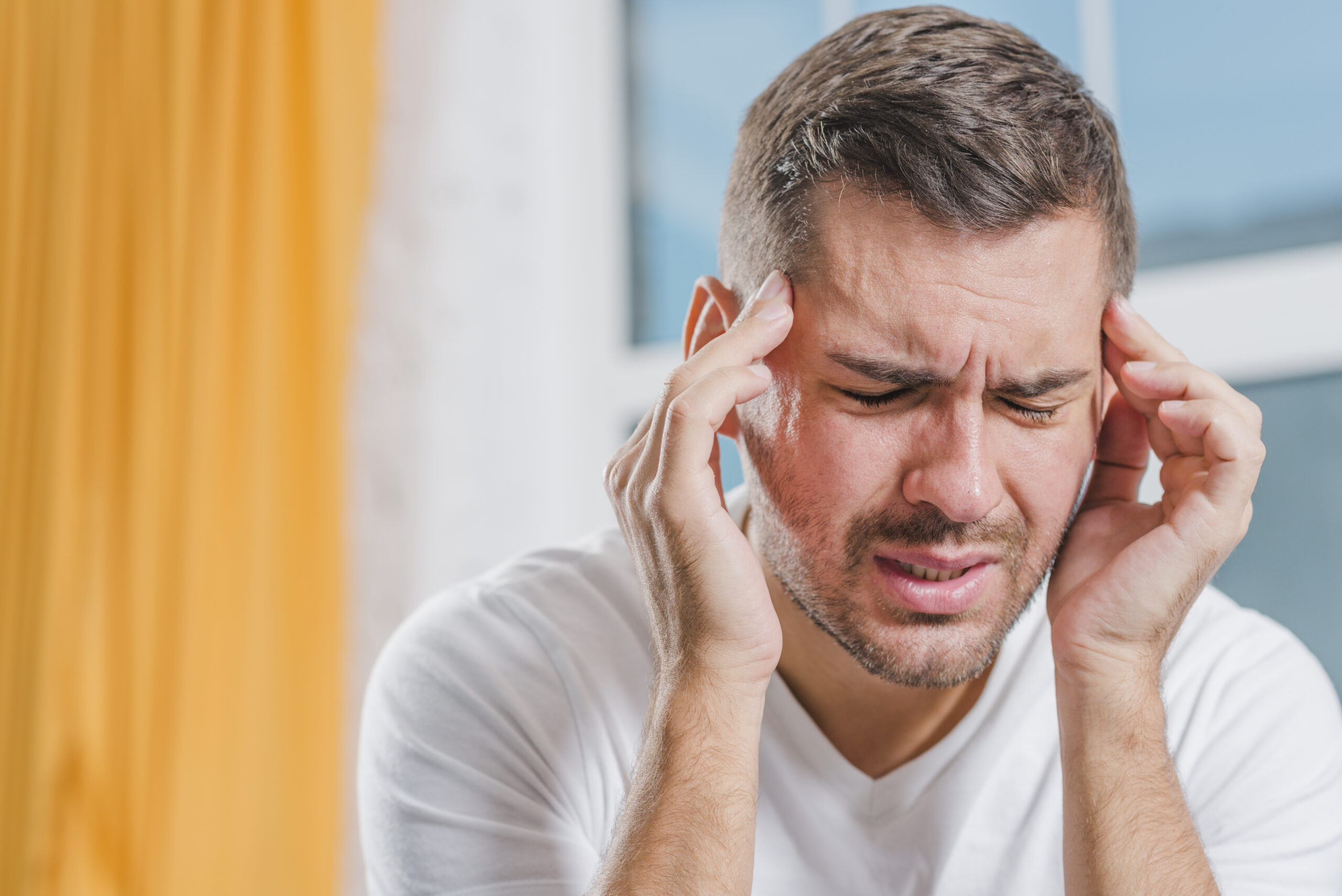A migraine is a form of headache that keeps occurring at frequent intervals. In some cases, it can be quite intense and debilitating and can last for hours or even days. Sometimes, such headaches are accompanied by other physiological symptoms such as nausea, vomiting, fatigue, and dizziness. These can be induced due to some triggers that may be specific to each person. Some such common migraine triggers are as follows:
Stress
Stress is one of the main triggers of migraines as is observed in most people. There are a few cases where individuals tend to experience migraines after sudden abrupt stressors followed by a period of relaxation or vice versa. It is quite common for people to experience migraines at the end of a long week or after returning from a long vacation.
Lack of sleep
In some individuals, migraines are caused due to a lack of sleep, which results in an acute attack with no premonitions whatsoever. On the other hand, it is also possible to experience migraines after sleeping for too long. Figuring out how much sleep your body needs and sticking to a routine of going to bed and waking up at the same time can help in preventing such migraine attacks.
Dehydration
If your food habits have been altered for a few days or if you haven’t been drinking sufficient water throughout the day, it is quite possible that you may experience migraines due to mild dehydration. This type of dehydration not only causes migraines in people but is also known to trigger “hangover-like” symptoms such as nausea, fatigue, constipation, etc. It is thus important to make sure you drink at least 8 to 12 glasses of water a day and eat the right kind of food and the right amount of it.
Caffeine
People who are in the habit of drinking multiple cups of coffee throughout the day can often experience such migraine attacks more frequently than others. Moreover, suddenly stopping the consumption of caffeine can also result in withdrawal-like symptoms and severe headaches. It is recommended to limiting your daily caffeine intake to 2-3 cups a day at first and reducing it gradually as opposed to going cold turkey.
External factors
External factors may include circumstances and conditions outside of our body that cause migraines. These factors may include environmental changes, certain sensory stimulants, etc. In most cases, changes in the weather and the temperature are known to have an impact on our bodies. Any sudden changes in the temperature or the climate can induce acute migraine attacks in people at any given time. External stimuli such as loud sounds or flickering lights can also have this effect.
Certain medications
Certain medication, when taken in a larger dosage than the recommended amount, can result in migraine attacks in people. Also, medications such as oral contraceptives are known to induce such headaches in people prone to them.







